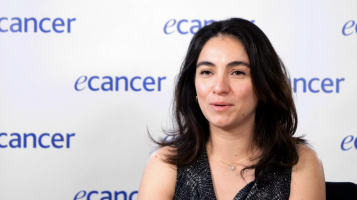This is a very good initiative, as every kind of initiative has got to be tuned in for regional needs and especially we are focused in the Latin American needs. Because we have special cultural characteristics that we need to address to be able to have the attention of professionals and the general population.
Of course, we are always focussed and it’s very exciting and most of our regional oncologists are very excited about the new technologies. But the old technologies, many of them are still good technologies so we have to find how to use the old ones and include the new ones. The only problem with the new ones is some of them are very expensive so we also have the challenge to find who really needs the new technologies.
Can you give us your vision on how we can improve the situation of global cancer care?
Prevention, education, that gives the most. If we educate people we’re going to have better standards of living, less infectious disease, less preventable problems, less smoking, so then we have less cancer. So prevention, we can avoid 70-80% of cancer if you educate people to prevention. Then we do second stages in prevention like a specific prevention, having people going to do a specific test.
I congratulate the effort for all those who are working in the cancer field but my way of thinking is that cancer is in our gene code. So every day we are fighting against the cancer so cancer is a problem of everyone. Even if we don’t have cancer we can do a lot in the way we live, in the way we help other ones.








